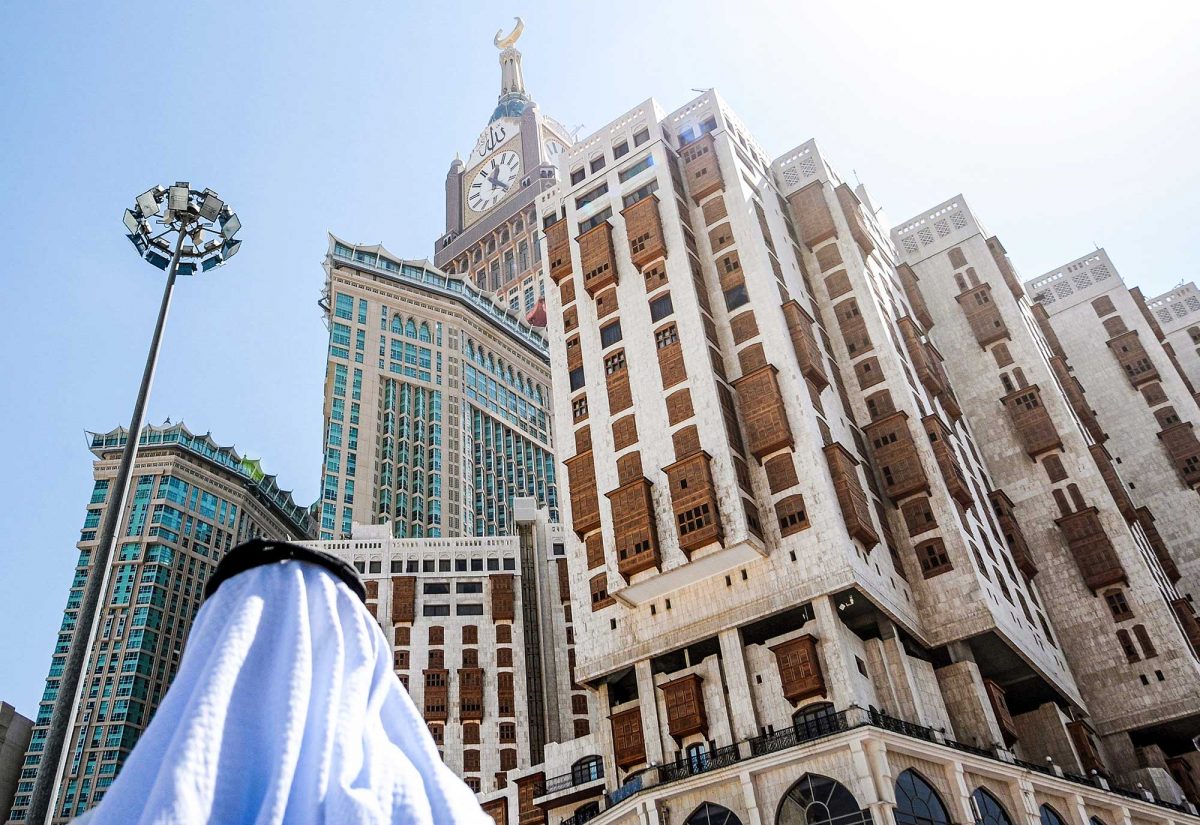Nearly 1,300 additional keys were added to Saudi Arabia’s hotel market as a new of internationally branded hotels were opened in the kingdom in Q3 2017, according to a newly released market review from Colliers International.
In Riyadh, two branded hotels – Swiss Spirit and Centro Waha – were opened, adding another 370 keys in the market. According to Colliers, the city’s hotel market saw a third consecutive year-on-year percentage decline in RevPAR performance, which is attributes to new supply and lower demand. The trend is expected to continue for the next three months.
While short-term marker performance is expected to be subdued, a number of developments, including KAFD and Entertainment City, are expected to lead to an increase in hotel remand.
In Jeddah, the opening of the Radisson Blu Jeddah Al Salamah saw the addition of 142 keys to the city’s hotel market, in which 5-star hotels account for more than 55 percent of the city’s total branded hotels.
Collier notes that despite expected delays in hotel openings of one or two years, Jeddah remains one of the fastest growing markets in Saudi Arabia, with branded hotel supply expected to increase at a compound annual growth rate of 34 percent between 2017 and 2019.
Data shows that in Q3 Jeddah’s hotel market managed to achieve positive gains, pushing RevPAR up by 7 percent compared to same period in 2016, which Collier credits to strong domestic leisure and transient demand from pilgrims.
Despite the Q3 performance, Colliers forecasts that the market will witness a 10 percent decline in RevPAR for full-year 2017, given the entry of new supply and an overall drop in spending from the corporate, government and domestic leisure segments.
Upcoming projects such as the Jeddah Waterfront, Jeddah Economic City, Haramain High-Speed Railway and the expansion of the city’s airport are all expected to induce hotel demand.
In Makkah the introduction of the M Hotel Makkah saw the addition of an additional 785 keys. The city, Collier notes, has one of the largest hotel project pipelines in the country, which various operators – including Jumeirah Group, Emaar Hospitality and Four Seasons – having recently announced signings for future hotel developments.
In Q3, the Makkah market experienced a dip in occupancy and average rate compared to Q3 2016, with an increase in visa fees, currency devaluation in several source markets and a June start-date for Ramadan all impacting RevPAR performance. Colliers estimates full year RevPar to drop by nine percent.
In the long term, however, Colliers notes that Makkah’s key role in Saudi Arabia’s Vision 2030, the expansion of the Masjid, the completion of the Haramain railway and an increase in mixed-use developments “point to a positive long-term outlook” for the city’s hotel market.
The review also examined the hotel markets in Madinah – where no internationally branded hotels opened in Q3 – and found an 8 percent decline in RevPAR. The city’s position as a hub for price-sensitive pilgrims, however, leads Collier to forecast a 0.3 percent increase in full-year RevPAR.
Lastly, the market outlook found a sharp decline in performance in RevPAR in the Greater Dammam area, with full year RevPAR performance expected to fall by 17 percent. However, Colliers notes that the area has “great potential” or leisure travel, particularly from the domestic market and the rest of the GCC.








